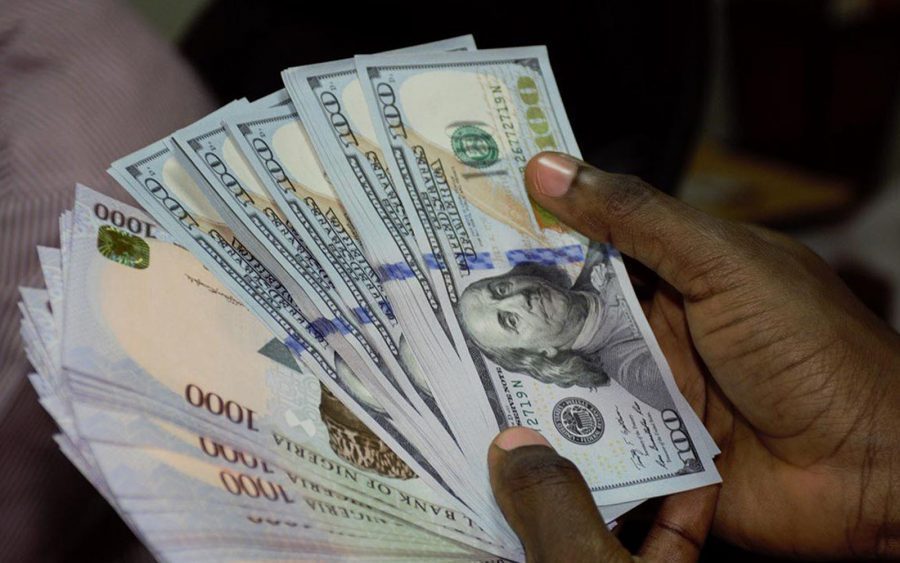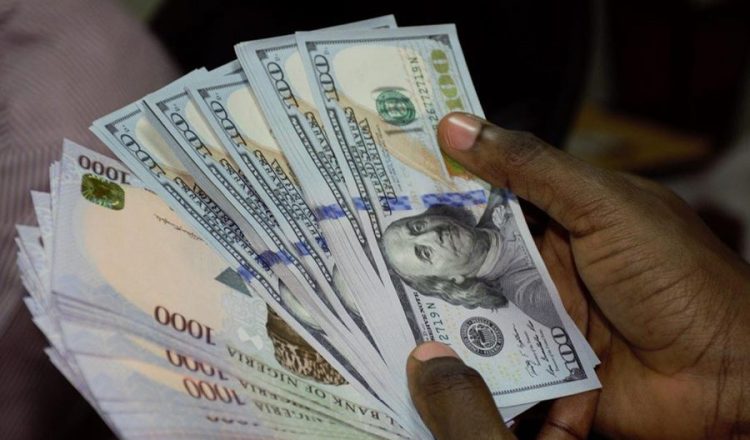The Central Bank of Nigeria (CBN) announced on Friday that the country’s foreign exchange inflows surged to $2.3 billion in February, a significant increase attributed to a rise in remittances from overseas and renewed interest from foreign investors.

Nigeria, the largest economy in Africa, has been grappling with severe dollar shortages, leading to record lows for its naira currency in recent weeks. The CBN has responded by devaluing the naira twice in less than a year.
According to Hakama Sidi Ali, a spokesperson for the CBN, foreign investors purchased at least $1 billion worth of Nigerian assets in February, contributing to the total portfolio inflows of $2.3 billion. This marks a notable increase from the $3.9 billion recorded for the entire year of 2023.
Sidi Ali also noted that overseas remittances quadrupled to $1.3 billion in February, compared to $300 million in the previous month, as reported by CBN data.
CBN Governor Olayemi Cardoso expressed optimism, stating, “All the different measures we have taken to boost reserves and create more liquidity in the markets have started to pay off.”
You don’t want to miss: UK Premiere of ‘Rush’: A Compelling Thriller Shedding Light on Gender-Based Violence
To increase forex liquidity, the CBN has imposed restrictions on banks’ foreign exchange holdings, banned street trading in foreign exchange, and capped net open positions at 20% of shareholders’ funds.
In response to skyrocketing inflation, the CBN raised its key interest rate by 4 percentage points to 22.75%, the highest level in about 17 years. Sidi Ali indicated that higher forex inflows have continued into March, driven by increased investor interest in short-term sovereign debt.
During the CBN’s Open Market Operation auction on March 6, foreign investors’ bids accounted for 79% of the total, amounting to $530 million, Sidi Ali confirmed.
The surge in foreign exchange inflows is a positive development for Nigeria as it seeks to stabilize its currency and attract more foreign investment.





